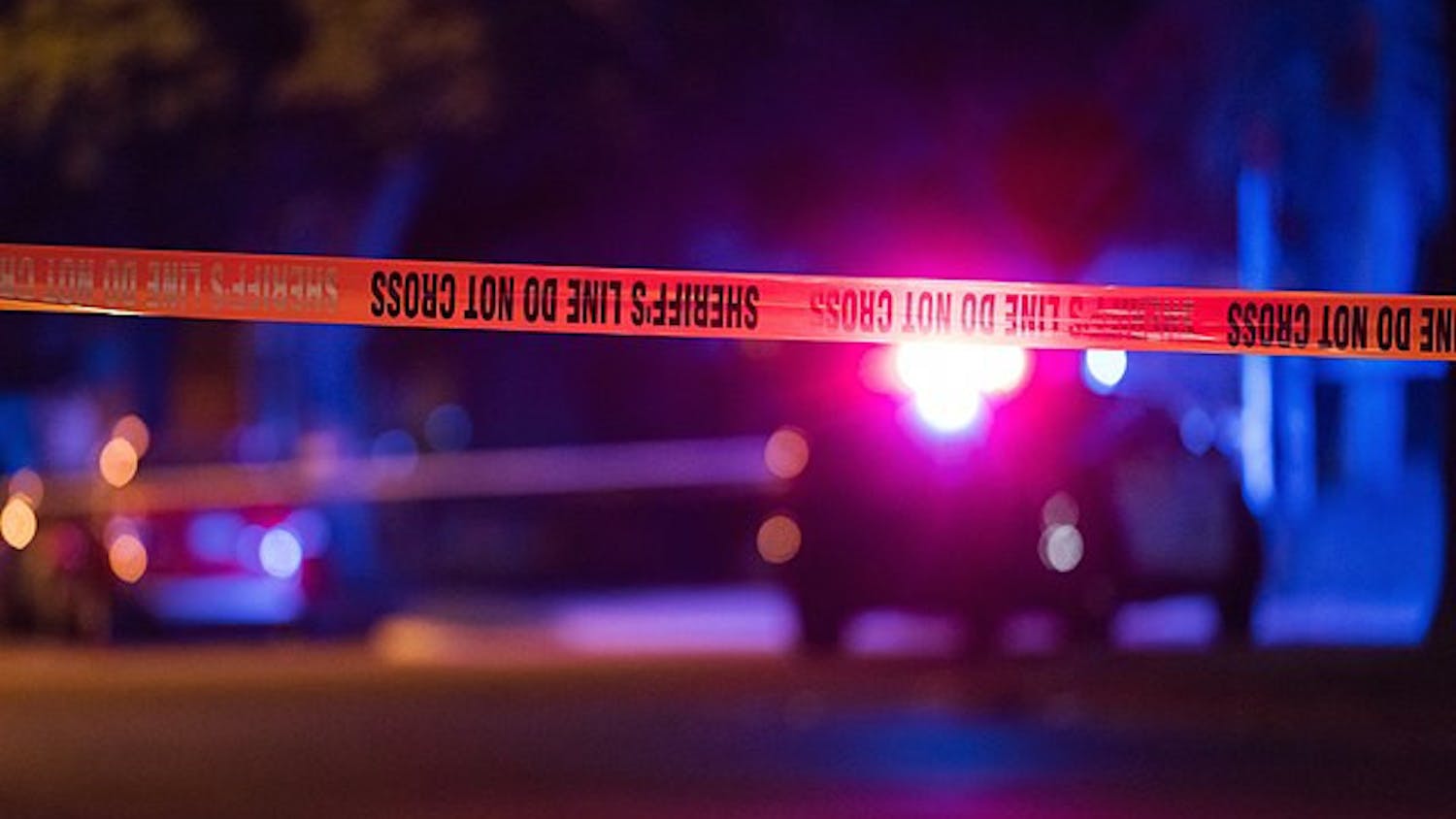One glance at Kyle Robisch's Facebook profile will tell you the UF freshman cheers for almost every Detroit sports team, scored a 99 percent for extraversion on a personality test and supports Sen. Barack Obama, a Democrat from Illinois, for president.
Up until a few days ago, Robisch even featured Obama in his profile picture.
Robisch's political involvement on Facebook, as well as the activity of Obama's more than 240,000 Facebook friends and those who support other candidates, suggests that the social networking site could play an influential role in the 2008 presidential election.
Some news outlets wonder if Facebook is the "new campaign bumper sticker," a staple of election involvement at its most basic level.
But the ultimate question is, will Facebook activity translate into more votes from young people? The consensus at UF seems to be a resounding no.
"I don't think most people see this as, at least in the short run, being really significant," said Kenneth Wald, a UF political science professor. "The bottom line is that young people just don't get politically engaged in large numbers."
Wald said he sees Facebook as part of a larger trend of political campaigns latching onto the year's signature technology. But that's not to say it won't be useful in the 2008 election, even if it's unrelated to turnout, he said.
Wald said the site might help campaigns recruit volunteers and raise awareness of candidates.
"Word of mouth is still very important, and in a sense, Facebook is really an electronic version of word of mouth," Wald said.
Adam Lewinson, a UF freshman, supports three presidential candidates on his Facebook, and he said his political activity on Facebook motivated his friends to ask him about the candidates.
But Lewinson said his Facebook participation doesn't make his friends care about politics any more then they already do.
"Knowing how much I follow politics and how little my friends do, I don't see how all of a sudden Facebook's going to change that," he said.
Kimberly Martin, a UF graduate student, will conduct research this summer to see how Facebook influenced young voter turnout.
Martin said when she discussed the issue in a class she helped teach this summer, students said Facebook wouldn't affect turnout. But she said there's no way for a student or a researcher to predict Facebook's impact.
"The technology is so new, and it's changing so quickly. It's very hard for researchers to get anything done on this," she said. "But in my heart of hearts, I hope that it does make a difference."





